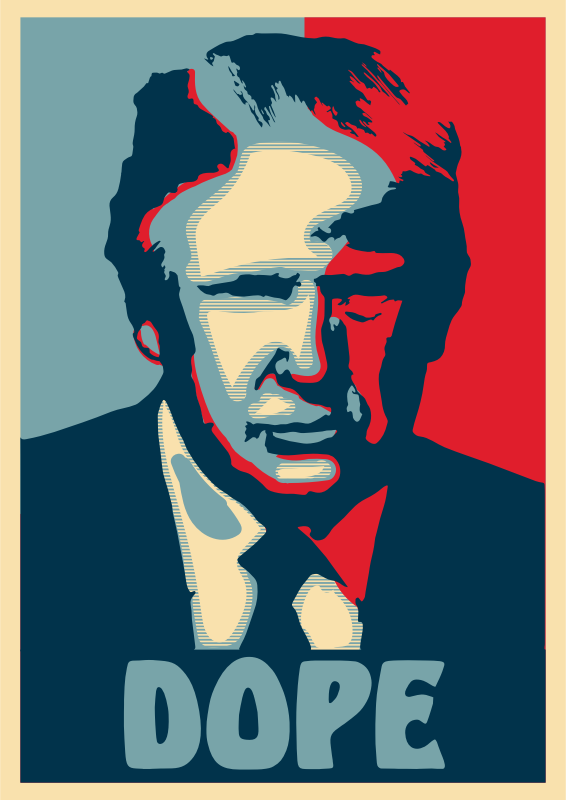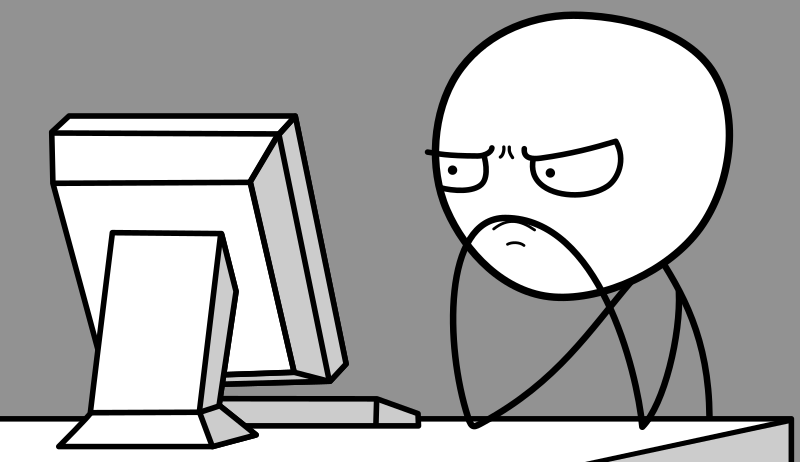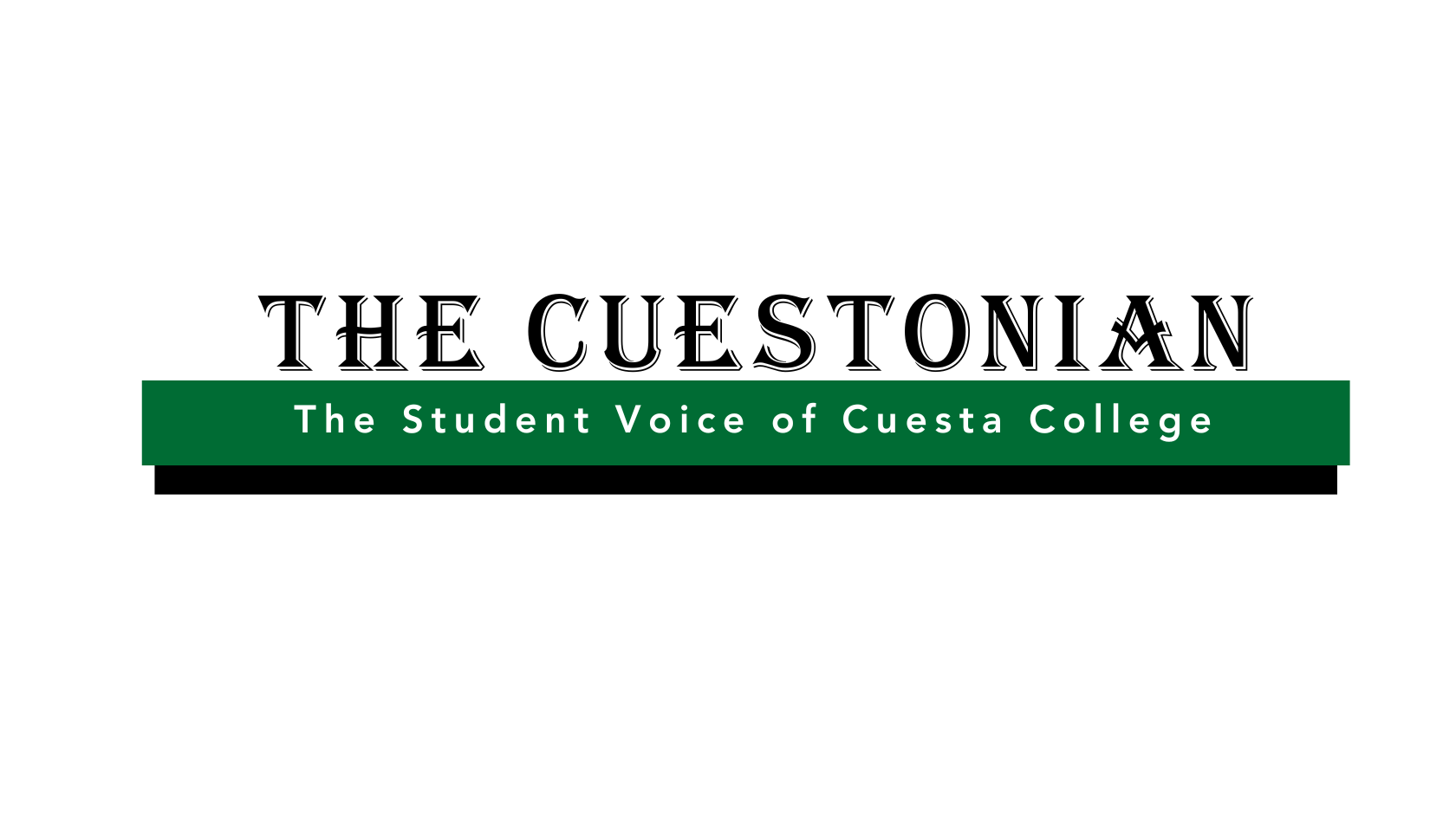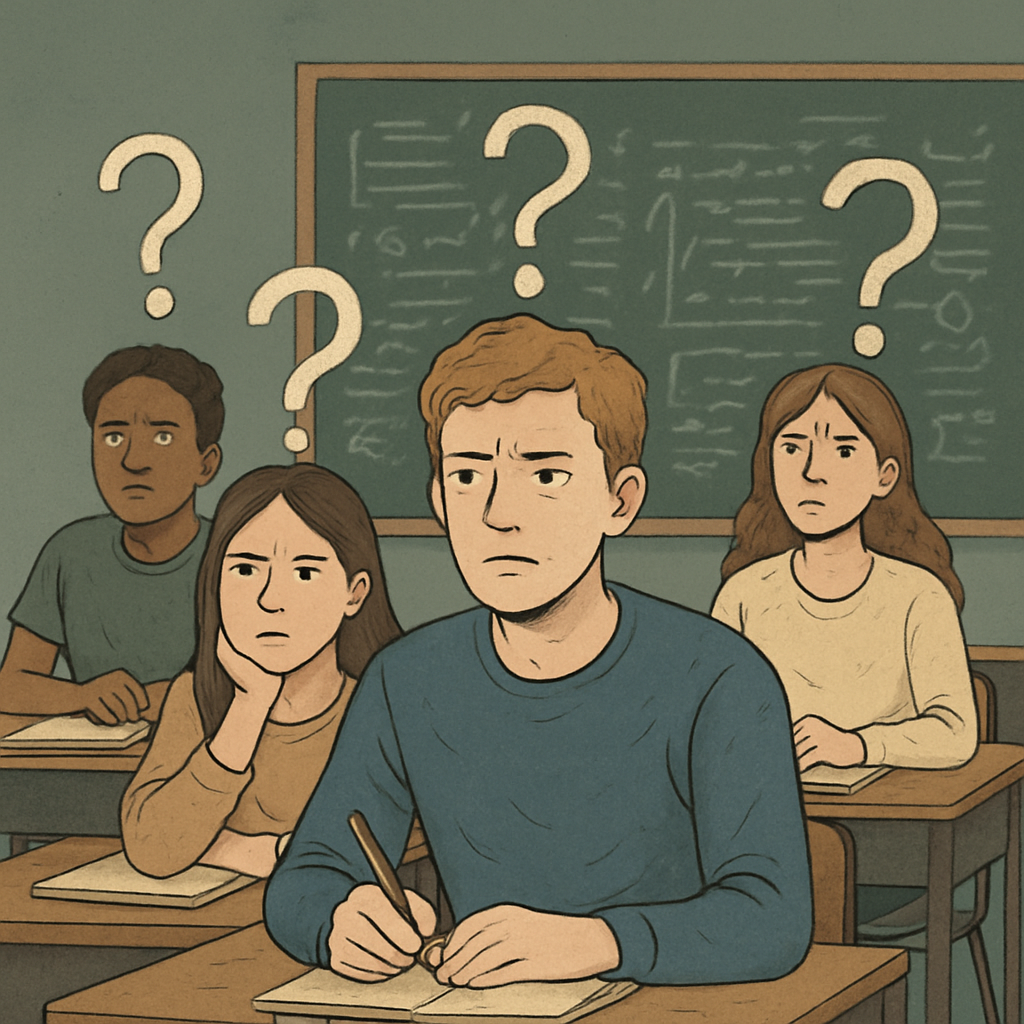20th century literature has given rise to new perspectives on a multitude of various phenomena.
One of the most pertinent and pressing is the ascent of the meme.
To say that memes have had a massive impact on culture would be an understatement. Today, it seems like there’s a meme everywhere you look.
Whether it’s in the form of an advertisement, video thumbnail, gif or still image, “memes” have grown into a societal phenomenon that has stretched far outside its origin as a word to describe gene expression.
Once regarded as simple jokes on the internet, memes and other forms of artwork on the web are rapidly becoming a new medium that we use to communicate. And, as with any new form of communication, it has its pros and cons.
Whether you like them or not, memes are here to stay.
But a meme isn’t just a picture, or a gif or a piece of artwork on the internet. A meme is a concept.
The word “meme,” popularized by Richard Dawkins in his 1976 book, “The Selfish Gene,” is used to describe how genes copy and replicate the traits of their environment. Britannica defines Dawkins’ meaning of the term as, “A unit of cultural information spread by imitation.”
And Merriam Webster defines Dawkins’ meaning as “an idea, behavior, style, or usage that spreads from person to person within a culture.”
This is an important distinction to make because it separates the frivolous internet joke with the overarching concept used to create and describe them.
And while it’s fun to get lost in the ocean of memes and internet novelty that’s available to us on a daily basis, it’s important to know where these foundational concepts come from.
“I would explain the concept of a meme — a self-replicating chunk of information — by asking someone about an inside joke they had with friends or an advertising jingle that’s been stuck in their head for 20 years,” said Kirby Conrod, a professor of linguistics at Swarthmore College. “That chunk of information, the joke or the jingle, self-replicates because we humans like to share and repeat stuff. When we repeat the joke, or sing the jingle, that’s an instance of the meme reproducing itself.”
The same process we use to create and spread jokes on the internet at a microcosmic level is the same process we inadvertently use to learn, grow, and adapt to stimuli on a macrocosmic level.
But just because we’re growing wittier via the internet doesn’t necessarily mean we’re becoming smarter.
Commonly accompanied by a piece of art, picture, or video with text somewhere in the frame, the function of the internet meme, in essence, is to condense meaning into bite-sized fragments with, typically, very little being said at face value.
That means there’s a massive collection of low-grade, rudimentary language with little to no immediate context attached to it, devouring the internet’s most popular websites while exposing millions of young adults to slang that changes perpetually with social trends.
And that isn’t a good thing. Especially when test scores are plummeting nationwide.
The concern coming from the experts is valid, and that isn’t even taking into account the pandemic’s effect on scores in the classroom.
“The average scores, from tests given last fall, declined 4 points in reading and 9 points in math, compared with tests given in the 2019-2020 school year, and are the lowest in decades,” reported Sequoia Carrillo for NPR.
With the record-breaking amount of internet usage we’ve seen since the pandemic, and the subsequent record lows in the classroom, it’s easy to see how people could draw the conclusion that internet culture could be affecting the way we communicate.
And a real argument can be made for the possibility that it could be making our youth less literate.
But I don’t think we should automatically assume that correlation equals causation.
I also don’t think speculation about the negative impact of memes should minimize the value lurking on Instagram reels, Tiktok, or some of the lesser-known meme incubators.

One of the more obvious concerns when it comes to the application of memes and other internet artwork in the modern era is their use in the political arena.
Everyone has seen a meme or a work of art online about a politician at some point in the last handful of election cycles. It’s almost impossible to avoid them if you own an electronic device, or pay any attention to the news at all.
Something a lot of people noticed during the 2016 election was the uptick in viral, right-wing internet memes circulating on Twitter, Youtube and other social media sites
It was a surprise to me personally. In my experience, conservatives had historically been the party of old white men using their power to disrupt younger generations and clamp down on rights for women and minorities.
The notion that conservatives could be tech-savvy was laughable to me. So when I saw Donald Trump and his right-wing cohorts appearing in fast paced, highly condensed internet trends, it caught me off guard.
Up until that point, I don’t think the world had seen conservatives legitimately attempt to appeal to a younger demographic outside of trust fund parties and youth-church groups.
But despite my preconceived notions about the aging conservative party, what I saw during this period was a mobilized, active internet force being weaponized by a new, younger base with the clear goal of overflowing social media with imagery that was blatantly propagandized.
Regardless of the fact that the Democratic Party had (at least in my recent memory) been the party with its finger on the pulse of modern trends, it seemed that conservatives had beaten them to the punch when it came to the use of widespread internet virility marketed towards a younger generation.

Keeping in mind the chaos, propaganda, and endless waves of ridiculous novelty that memes can unleash in our society, I think it’s important to remember that most of them are meant to be taken as a joke.
I say that knowing full well that we’re living in a world that’s becoming more literal by the minute, and having the ability to take a joke without getting personally offended is becoming a rarity.
In a lot of ways I think memes have broken down barriers that were once difficult to conceptualize. They offer insight and paint mental images that we cannot conjure on our own.
It’s impossible to say if the creators of these original memes could have foreseen the power and influence the concept would come to have.
The idea that a handful of innocent internet jokes can turn into an entirely new landscape that we use to conduct social experiments and wage propaganda wars with one another seems ridiculous at first glance, but the idea is rooted in the most basic laws of human behavior.














